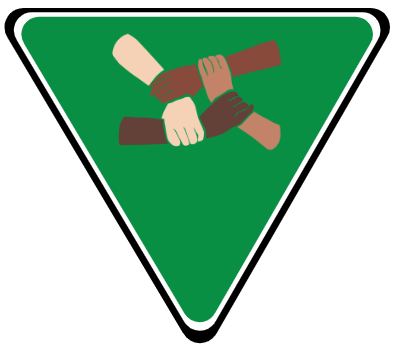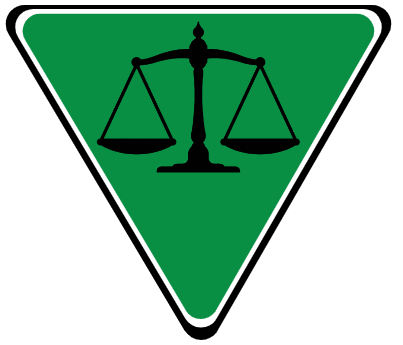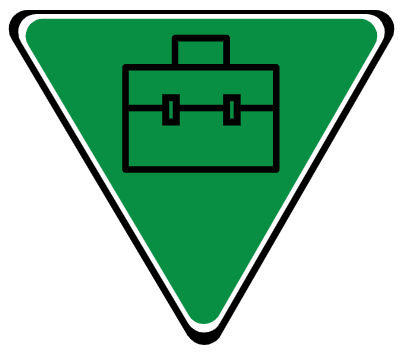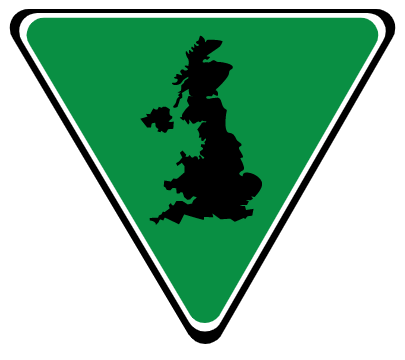According to the Equality Act, race can mean your colour, your nationality (including your citizenship), or your ethnic or national origins, which may not be the same as your current nationality. Race also covers ethnic and racial groups (i.e. a group of people who all share the same protected characteristic of ethnicity or race).

There are four main types of race discrimination:
- Direct discrimination: happens when someone treats you worse than another person in a similar situation because of your race.
- Indirect discrimination: happens when an organisation has a particular policy or way of working that puts people of your racial group at a disadvantage.
- Harassment: happens when someone makes you feel humiliated, offended or degraded because of your race.
- Victimisation: happens when you are treated badly because you have made a complaint of race related discrimination under the Equality Act. It can also occur if you are supporting someone who has made a complaint of race related discrimination.






)
)
)
)
)
)
)
)
)
)
)
)
)
)
)
)
)
)
)
)
)
)
)
)
)
)
)
)
)
)
)
)
)
)
)
)
)
)
)
)
)
)
)
)
)
)
)
)
)
)
)
)
)

)
)
)